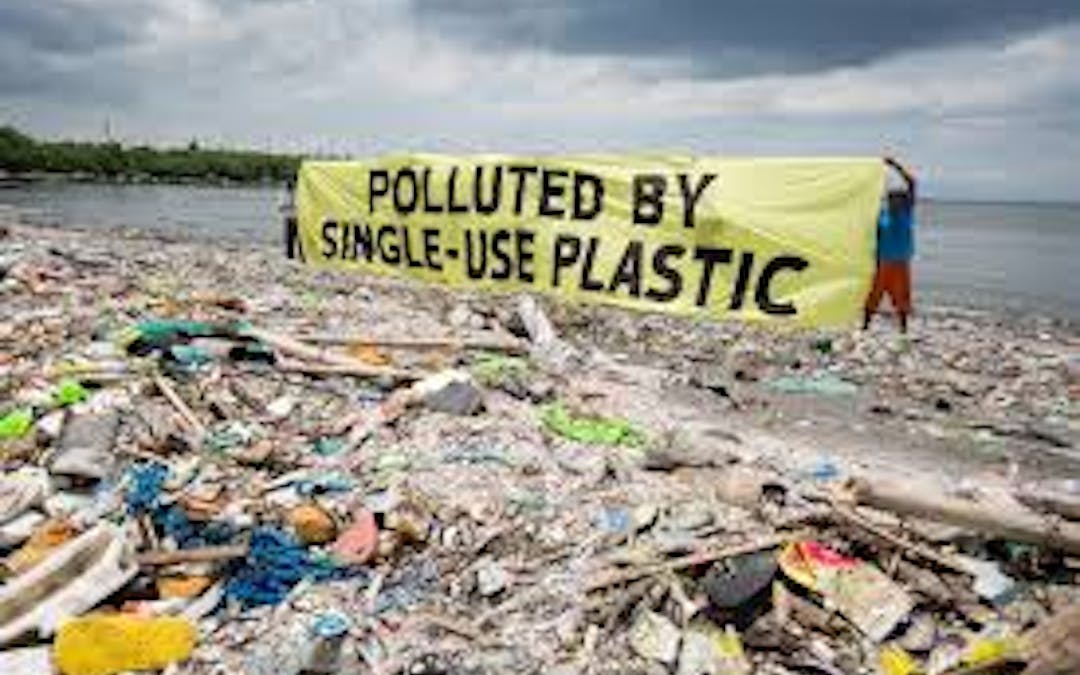As a Franciscan there is little doubt that we recognize the need to care for creation. Earth Day 2018 has focused us on the devastating effect that plastics have had on mother earth. Plastisc are poisoning and injuring marine life, littering our beaches and landscape and clogging our waste streams and landfill. Most marine debris (80%) comes from trash and debris in urban runoff, i.e. land-based sources. Ocean-based sources, such as, overboard discharges from ships and discarded fishing gear, account for the other 20%.Food containers and packaging are the largest component of the municipal solid waste stream (80 million tons or 31.7 %). These items, together with plastic bags, also represent the largest component of marine debris (that is, barring items less than 5mm such as pre-production plastic pellets, fragments, and polystyrene pieces). Packaging and single use disposable products are not only ubiquitous in marine debris, they represent an unsustainable use of precious resources (oil, trees, energy sources, water) . In the ocean, plastic debris injures and kills fish, seabirds and marine mammals. Marine plastic pollution has impacted at least 267 species worldwide, including 86% of all sea turtle species, 44% of all seabird species and 43% of all marine mammal species. The impacts include fatalities as a result of ingestion, starvation, suffocation, infection, drowning, and entanglement. Seabirds that feed on the ocean surface are especially prone to ingesting plastic debris that floats. Adults feed these items to their chicks resulting in detrimental effects on chick growth and survival.
Of the 33 million tons of plastic waste generated in the U.S. each year, only 7 percent is recycled. This plastic waste ends up in landfills, beaches, rivers and oceans and contributes to such devastating problems as the Great Pacific Ocean Garbage Patch, a swirling vortex of garbage the size of a continent where plastic outnumbers plankton. Plus, most plastic is made from oil.
All of us need to take personal responsibility for the plastic pollution that each one of us generates by choosing to reduce, refuse, reuse, recycle and remove plastics. There are simple steps you can take that will dramatically decrease the amount of plastic waste you generate. Click this site to learn 16 things you can do to lessen the pollution problem: https://www.mnn.com/lifestyle/responsible-living/stories/16-simple-ways-reduce-plastic-waste
- Say no to straws when you go to a restaurant (especially drive thru restaurants)
Educate yourself by looking at the Earth Day 2018 toolkit at this link: http://www.earthday.orghttps://a.mpcdn.io/fscaston/Plastic-Pollution-Primer-and-Action-Toolkit.pdf
